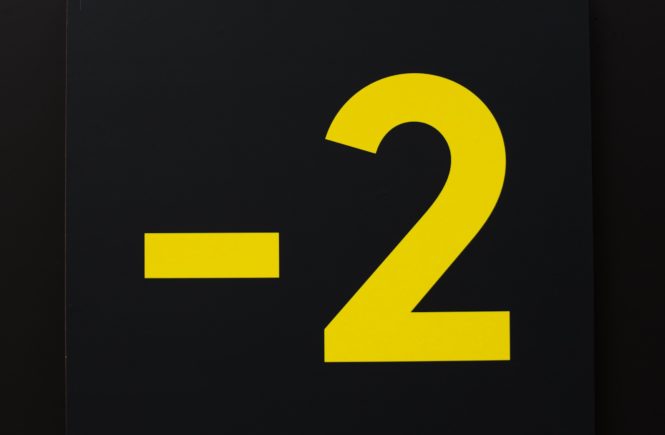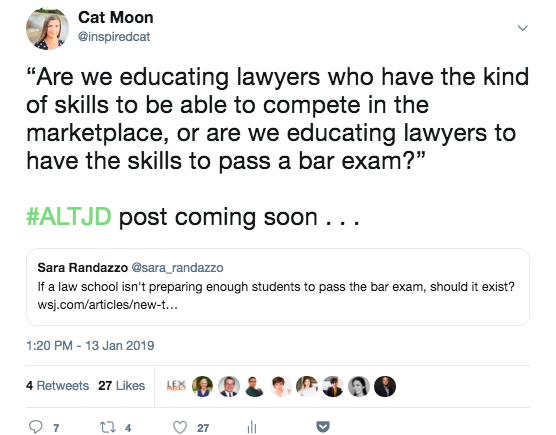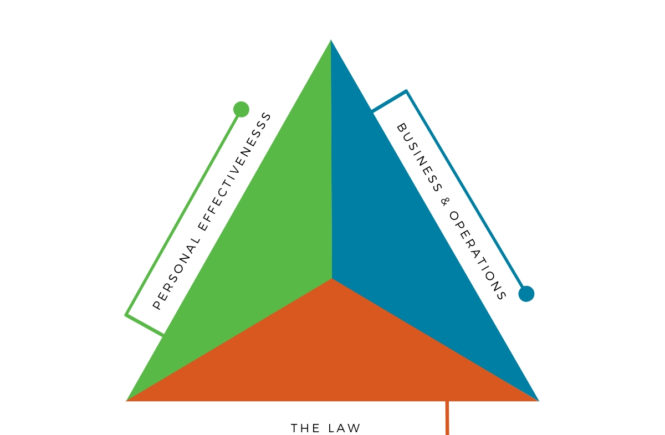Like many other legal educators, I recently took part in an online survey administered by CALI—the Center for Computer-Assisted Legal Instruction. The survey was designed to gather data about our recent unplanned-for mass experiment with online legal education. (Because: pandemic!)
In an emailed cover letter that invited us to take the survey, CALI’s Executive Director, John Mayer, bluntly summarized the situation:
“[W]hat you accomplished was not true distance learning. It was Emergency Remote Teaching.”
This distinction matters.
We can embrace it without needing to feel defensive about it. As Mayer reminded us: “You didn’t have time to plan, create new materials, train or set up infrastructure.”
To put it in my own words: we did not have time to thoughtfully, collaboratively redesign our courses with online end-users in mind.
I am grateful to Mayer and the good folks at CALI for gathering data at this time when so many others would perhaps like to—but are focused on more pressing ongoing crisis-response initiatives. This data can be an important part of a larger, more deliberative process of reflection, feedback, learning, and planning that we will undertake this Summer.
Over the coming weeks, as we move toward a Fall semester that may possibly be online….or partially online….I will be interested to see what happens when we do have time to plan, create new materials, train, and otherwise design our courses with online end-users in mind.
As part of that process, I hope to check-in with students—the end-users of my courses. They have a point of view that I need to take into account if I am to make meaningful, substantive improvements to my course design and delivery….before giving instruction and feedback online again.
I’m curious, readers. Following our recent, emergency move to online teaching, what did you learn?
How, if at all, do you plan on changing your courses based on newly-acquired information and experience?
Follow me on Twitter @profcorts, where I will be happy to collect/retweet responses.
As we move forward, let’s share information, swap stories, collect data. It would be optimal to hear from the broadest possible coalition of innovative educators. Let’s embrace this challenge: encourage, challenge, and hold each other to account.
-CC




